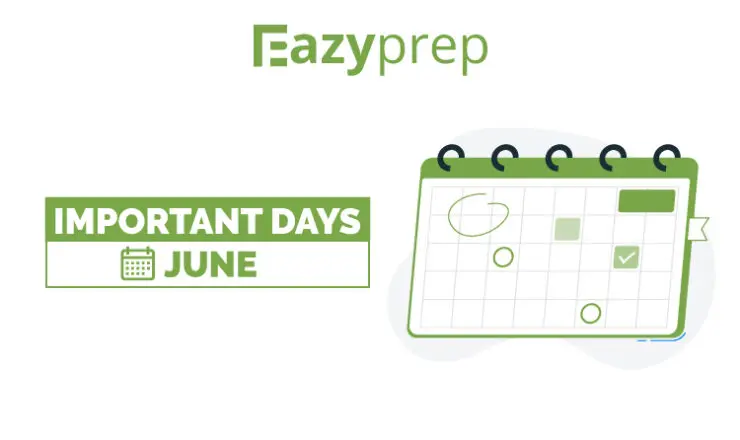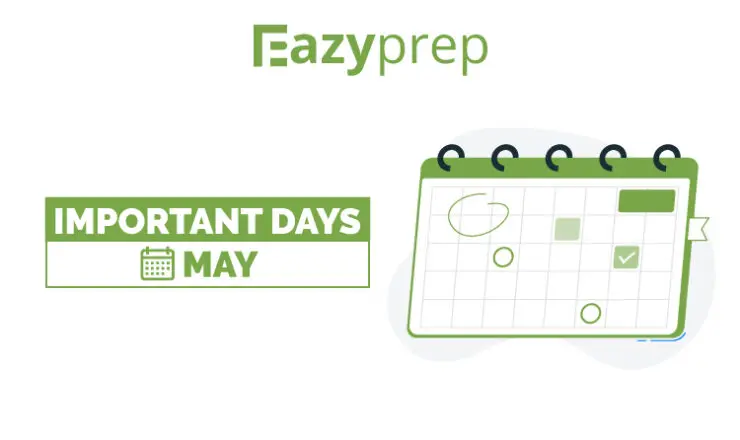![]()
Ages ago, Shakespeare said ‘Brevity is the wit of the soul’. Well, centuries later, this still holds true. Especially our examiners feel so! So here is a list of 30 important one-word substitutions that you must know for your extrance exams!
- Ambidextrous
Meaning: One who can use either hand with ease
Usage: few of us are naturally ambidextrous
- Anarchist:
Meaning: A person who believes in or tries to bring about a state of lawlessness
Usage: Karl Marks was a famous anarchist
- Bureaucracy:
Meaning: Government by officials in a state
Usage: the unnecessary bureaucracy in local government leads to revolution
- Antidote:
Meaning: A medicine to counteract the effect of a poison
Usage: there is no known antidote to the poison of the pufferfish
- Epitome:
Meaning: A short summary of a book or speech
Usage: she looked the epitome of elegance and good taste
- Autobiography:
Meaning: The life history of a person written by that person
Usage: He gives a vivid description of his childhood in his autobiography
- Claustrophobia:
Meaning: Fear of confined places
Usage: the small stuffy room had begun to give him claustrophobia
- Encyclopedia:
Meaning: A book that contains information on various subjects
Usage: He prefers to read encyclopedia in order to gain more knowledge about anything
- Anthropology:
Meaning: Study of the evolution of mankind
Usage: Anthropology is an approach to understanding the many different aspects of the human experience
- Linguist:
Meaning: A person skilled in foreign languages
Usage: The study of the English language is an example of linguistics.
- Orchard:
Meaning: A piece of enclosed land planted with fruit trees
Usage: He trotted back towards the orchard, pensive.
- Sanatorium:
Meaning: A room or building for sick children in a boarding school
Usage: The room is now utilized as a sanatorium for British soldiers.
- Nostalgia:
Meaning: A sentimental longing or wistful affection for a period in the past
Usage: He might be influenced by nostalgia for his happy youth.
- Panacea:
Meaning: A solution or remedy for all difficulties or diseases
Usage: Technology is not a panacea for all our problems.
- Plagiarism:
Meaning: The practice of taking someone else’s work or ideas and passing them off as one’s own
Usage: The journal accused the professor of plagiarism.
- Utopia:
Meaning: An imaginary ideal society free of poverty and suffering
Usage: Our belief in a Communist utopia had nothing to do with reality.
- Epitaph:
Meaning: A phrase or form of words written in memory of a person who has died
Usage: These films stand as an epitaph to the great director.
- Genocide:
Meaning: Killing of a large group of people
Usage: They have been accused of genocidal crimes.
- Obituary:
Meaning: A news article that reports the recent death of a person
Usage: You can check the details of the victims in the obituary sections of the paper
- Postmortem:
Meaning: An examination of a dead body to determine the cause of death
Usage: A postmortem was ordered to try to ascertain the cause of death.
- Agoraphobia:
Meaning: An extreme or irrational fear of open or public places
Usage: She had agoraphobia and never wanted to go out of the house.
- Bibliophobia:
Meaning: Fear or hatred of books
Usage: David and l were by then known to be writers, and this public display of bibliophobia required a certain amount of explanation.
- Cynophobia:
Meaning: Fear of dogs
Usage: Around this time Joyce was attacked by a dog, leading to his lifelong cynophobia.
- Demonomania:
Meaning: A delusion of being possessed by evil spirits
Usage: When a patient believes that he or she is possessed by one or more demons but is actually having demonomania.
- Gamophobia:
Meaning: Fear of getting married, being in a relationship, or commitment
Usage: If you suffer from Gamophobia and can manage to tolerate conversations about marriage, participate in a little bit of exposure therapy by engaging with married folk.
- Nyctophobia:
Meaning: An extreme or irrational fear of the night or of darkness
Usage: Nyctophobia is mostly present in young children, and starts out with night terrors
- Triskaidekaphobia:
Meaning: Extreme superstition regarding the number thirteen
Usage: For the record, triskaidekaphobia is commonly misidentified as the fear of Friday the 13th.
- Petrology:
Meaning: The branch of science concerned with the origin, structure, and composition of rocks
Usage: At Berkeley, he gained insight into experimental studies of petrology and geochemistry.
- Dactylology:
Meaning: The use of the fingers and hands to communicate and convey ideas
Usage: She learned Dactylology in childhood as she has some medical problems.
- Hamlet:
Meaning: A community of people smaller than a village
Usage: The Slovak settlement pattern includes hamlets or colonies, villages, towns, and cities


